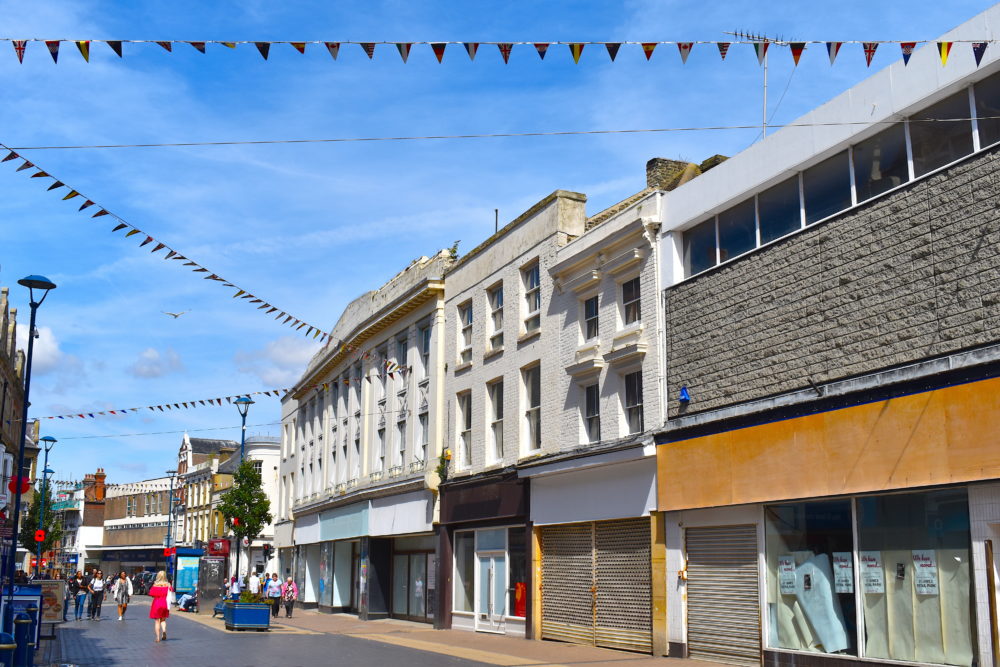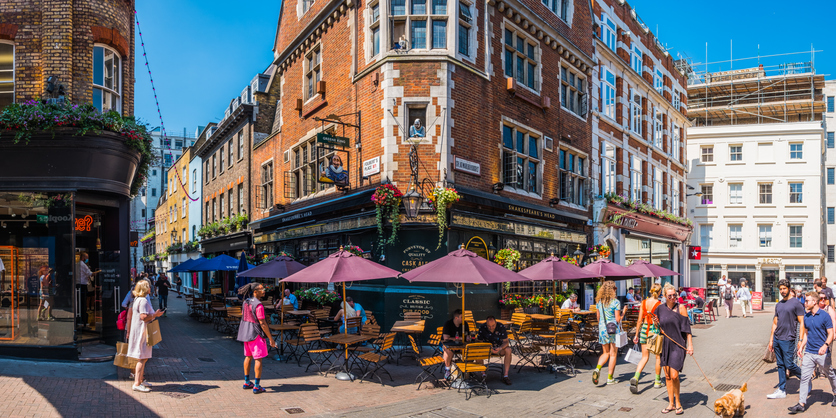A maths tutoring franchise is urging landlords and planning departments to reform their planning policies to help diversify the high street.
Steve Felmingham, Mathnasium’s director of operations, says that local town planning departments, who set their own policies, are archaic and out of touch with consumers. As a consequence, a lot of businesses are prevented from establishing their own presence on the high street.
‘Many councils insist on a 95 per cent retail business occupancy. This sometimes results in buildings lying empty for months on end whilst legitimate businesses like ours are refused change of use applications,’ he said.
‘We know the government is taking steps to address diversity on the high street with the update of its National Policy Planning Framework in July, but local authorities need to jump on this now.
‘Many councils insist on a 95 per cent retail business occupancy’
‘Unless action is taken, we are in danger of at best retaining a homogenous high street, or at worst no high street at all. By attracting a range of organisations, you encourage variety – this helps to drive interest, increase footfall and in turn secure further investment.’
The problems with current high street planning policy
Peter Higginbottom is the director of Planning Insight, a planning consultancy based in London. He says that local planning authorities try to protect high streets with restrictive policies. Meanwhile, they refuse applications for other non-traditional uses which could have the potential to add vitality to high streets and employment opportunities in place of vacant units.
He also criticises those local authorities with a lack of flexibility in their policies , while stressing that those councils who encourage flexibility more likely to see their high streets flourish.
Multi-use properties (cafés in high street banks, for example) could promote diversity, but owners need to be careful. ‘Multi-uses in high streets is something that is not yet common but could be way of overcoming planning issues so long as the dominant use does not change or is one that can be supported in planning policy terms,’ says Higginbottom.
How small businesses can get on the high street
Small business owners should search for units which are currently used for non-retail uses such as estate agents, cafés and restaurants, takeaways, betting shops, pawn brokers.
Higginbottom also points out that, in some locations, permitted development legislation can allow temporary changes of use to a range of A1, A2, A3 and B1 uses [shops, financial and professional services, restaurants and cafés and business] for a period of up to two years.
“Search for units which fall outside of traditional retail use such as estate agents, cafés and restaurants”
In any case, an understanding of local planning policies is vital in securing planning permission.
If you have no idea where to start when it comes to choosing a place to base your company, check out Moving business premises: five important things to think about.





